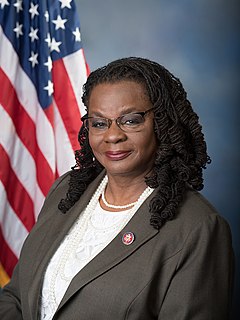A Quote by Hillary Clinton
Related Quotes
In existing criminology there are concepts: a criminal man, a criminal profession, a criminal society, a criminal sect, and a criminal tribe, but there is no concept of a criminal state, or a criminal government, or criminal legislation. Consequently what is often regarded as "political" activity is in fact a criminal activity.
Two thirds of the work in the world is done by women. Women own 1 percent of the assets. Young women are sold into prostitution, forced labour, premature marriage, forced to have children they don't want or they can't support. They're abused, raped, beaten up. Domestic violence is supposed to be a cultural problem. They are the first victims of war, fundamentalism, conflict, recession. And young women who have access to education and health care and have resources think that everything was done, they don't have to worry.
Of course we in Europe also have epidemic, structural sexual violence. Violence is always the dark core of dominance. The men who are now coming to us from Islamic cultural circles are, of course, shaped by conditions there, which are still much more antiquated than here. That's a problem that we have ignored for far too long. In the name of a false tolerance, we have accepted that women are kept at home like prisoners and are forcibly married.
Cultural conditioning is like bad software. Over and over it's diddled with and re-written so that it can just run on the next attempt. But there is cultural hardware, and it's that cultural hardware, otherwise known as authentic being, that we are propelled toward by the example of the shaman and the techniques of the shaman. ... Shamanism therefore is a call to authenticity.
































